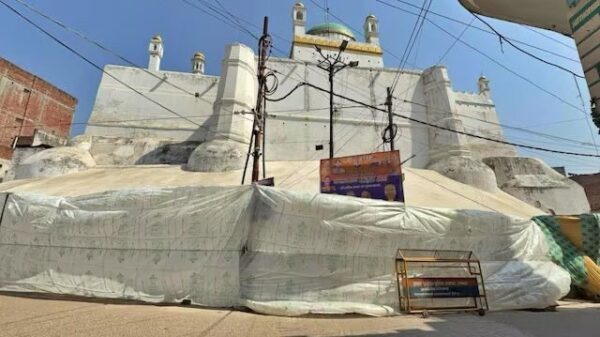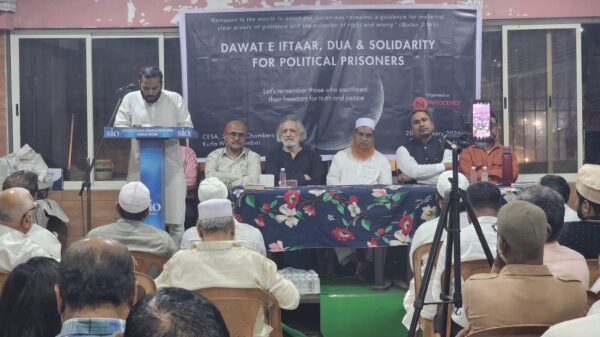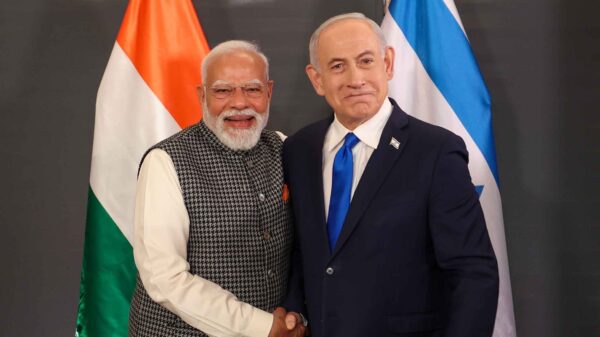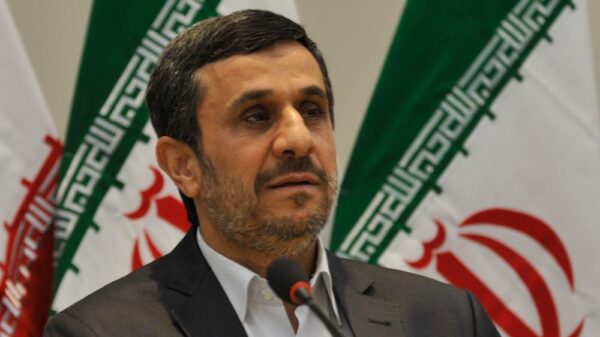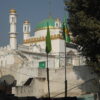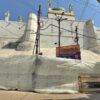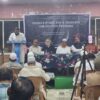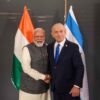RSS Chief Mohan Bhagwat on Sunday made a series of strong statements about spirituality, national identity and India’s civilisational values during the Divya Geeta Prerna Utsav in Lucknow. Uttar Pradesh Chief Minister Yogi Adityanath was also present at the event.
Speaking to the audience, Bhagwat said the teachings of the Gita offer clear guidance in every situation. “One should read the Gita in its original form and understand it deeply. Then everything becomes clear. Each time you reflect on it, you find something new that suits the present moment,” he said.
Quoting from the scripture, he said Bhagwan Krishna teaches people not to run away from difficulties but to face them with courage.
Bhagwat said that even as material wealth grows, society is struggling with a “lack of morality, peace and contentment.” He said many people feel they are progressing in life but also sense that they are on the wrong path. According to him, the right path lies in India’s civilisational traditions. “Bharat’s life traditions once brought peace and harmony to the world,” he said.
Looking back at history, he said India was once a “Vishwaguru” but invasions over centuries destroyed temples, led to forced conversions and pushed the country into oppression. “Those days of invasion are gone. Now we have hoisted the flag over the Ram Temple,” he said, adding that India’s cultural identity survived despite the hardships.
Calling India a “Hindu society and a Hindu Rashtra,” Bhagwat urged people to follow dharma, duty, service and sacrifice. He said the Gita contains the essence of all knowledge in its seven hundred shlokas.
He also compared ancient conflicts with present-day global tensions. “The kinds of wars fought a thousand years ago are still happening today. Crimes and greed remain the same,” he said.
Bhagwat paid tribute to freedom fighters, saying that heroes like those who fought in 1857 and Chandrashekhar Azad gained nothing material from their struggles but continue to inspire the country. “They did not see victory in their lifetime, but their lives light our path even today,” he said.







